 Vice President Dr Mahamudu Bawumia has announced that Ghana has concluded discussions with renowned online payments system Paypal and will, therefore, become one of the Paypal-compliant countries soon.
Vice President Dr Mahamudu Bawumia has announced that Ghana has concluded discussions with renowned online payments system Paypal and will, therefore, become one of the Paypal-compliant countries soon.
The Vice President made the announcement at the launch ceremony for the first phase of the first mobile money payments interoperability system in Ghana in Accra on Thursday, May 10, 2018.
Online payments system Paypal supports online money transfers and serves as an electronic alternative to traditional paper methods like cheques and money orders. The company operates as a payment processor for online vendors, auction sites, and other commercial users, for which it charges a small fee in exchange for benefits such as one-click transactions and password memory.
To be implemented in two phases, Ghana’s entry into the Paypal system is expected to be completed by the first half of 2020 and forms part of Government’s ongoing efforts to build a new and modern economy.
According to the roadmap presented by Paypal, by the second half of 2019, Ghanaian merchants should be able to receive payments for their goods sold online. By the first half of 2020 Ghanaian consumers would be able to make payments for goods and services purchased online via Paypal accounts.
“It is now up to us, the Bank of Ghana, GHIPSS, Banks, Fintechs, Telcos and Merchants to make this happen within this time frame and also to prepare for the opportunities it presents,” Dr Bawumia urged, adding, “I would ask that GHIPSS puts together a working group of stakeholders to work to implement this roadmap.”
“This presents exciting opportunities for Ghana” the Vice President continued, “and we should take full advantage of it. We should see, amongst other developments, a major boost in e-commerce in Ghana. We are building a new and modern economy.”
The launch of the first mobile money payments interoperability system in Ghana is also in furtherance of Government’s drive for a new and modern economy, according to Vice President Bawumia.
Experts say this will make Ghana one of the global leaders in the interoperability payments space while the system is expected to largely eliminate the difficulties associated with traditional banking services, such as the difficulty in opening bank accounts, the high costs associated with maintaining a bank account relative to customers’ income levels, the need to have basic literacy, administration and record keeping abilities and English-language capacity to operate a bank account, and the sheer intimidating nature of banking halls.









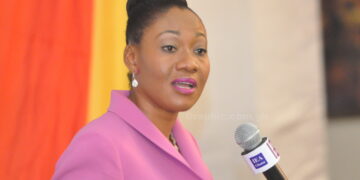
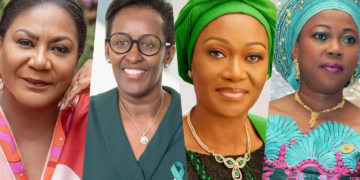










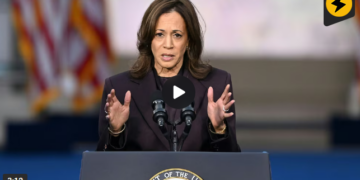
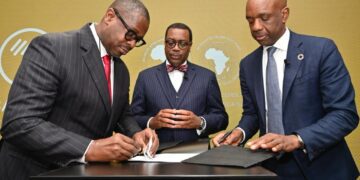


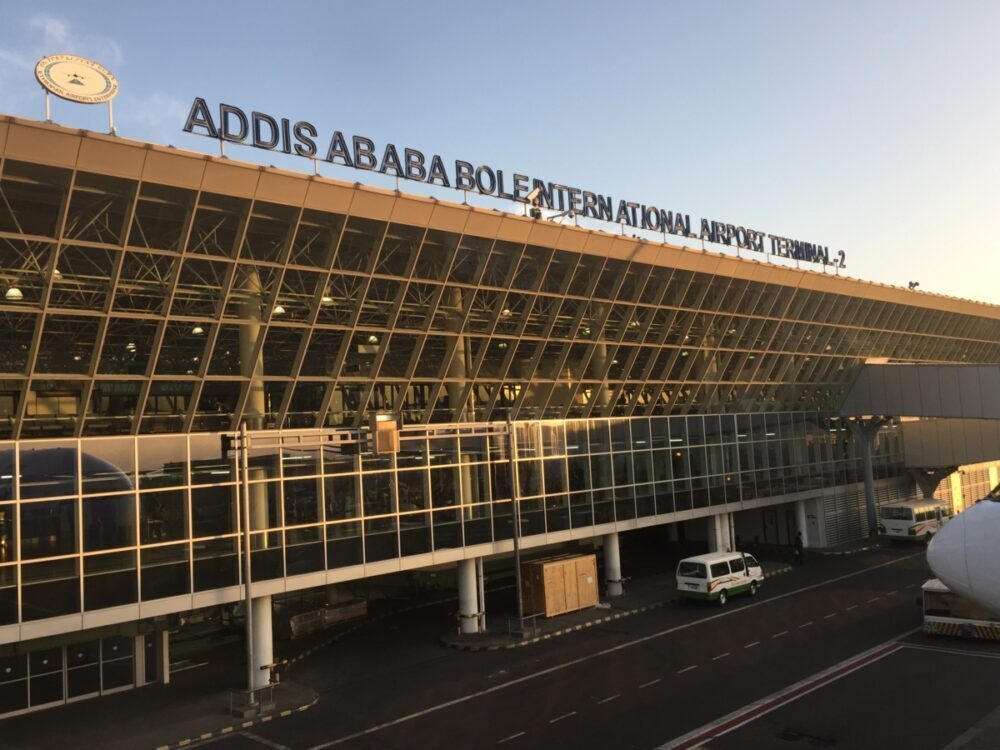














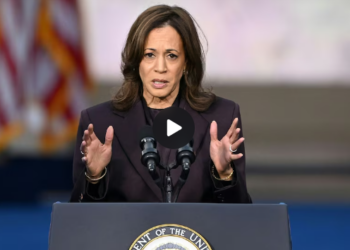














Discussion about this post